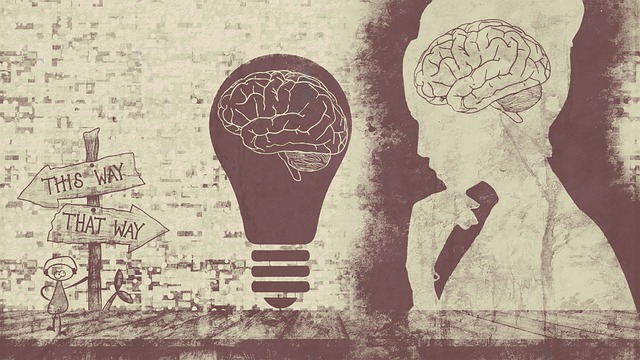One of the key challenges and opportunities of oral history is to understand the role of memory in shaping the narratives of the interviewees. However, oral history also poses some challenges and limitations, especially when it comes to the reliability and accuracy of memory.
Memory is not a static or objective record of the past, but a dynamic and subjective process of reconstructing and interpreting the past in the present. Memory is influenced by many factors, such as personal identity, social context, cultural norms, emotional states, and cognitive biases. Memory can also change over time, as new experiences, information, and perspectives reshape our understanding of ourselves and our past.
Therefore, oral historians need to be aware of the complex and fluid nature of memory and the self, and how they affect the narratives and meanings that are produced in oral history interviews. It should also be understood that oral history is not a simple or straightforward way of accessing the past, but a rich and nuanced way of exploring the relationship between memory and the self in oral history.
Oral historians need to critically examine their own assumptions, expectations, and motivations, as well as those of their interviewees, and how they might shape the oral history process and outcome. Oral historians also need to use multiple sources of evidence, such as documents, photographs, artifacts, and other oral histories, to corroborate, contextualize, and enrich the oral history data.
Therefore, oral history is not only a way of documenting the past, but also a way of constructing the self. By telling their stories, oral history interviewees can affirm their sense of who they are, where they come from and what they value. They can also challenge or question their own or others’ assumptions and interpretations of the past. They can also create or strengthen connections with other people who share or differ from their experiences and views.
Oral history is thus a valuable and meaningful method of exploring the importance of memory and the self in human lives. It can enrich our understanding of ourselves and others, as well as our collective history and culture. It can also inspire us to reflect on our own memories and identities, and how they shape our present and future.
That’s it for this blog post, I do hope it was helpful. Also feel free to leave a comment in the comment section below, or ask a question.
Keep us in mind for all your oral history transcription needs and remember to always be kind, stay positive and learn to unwind.
